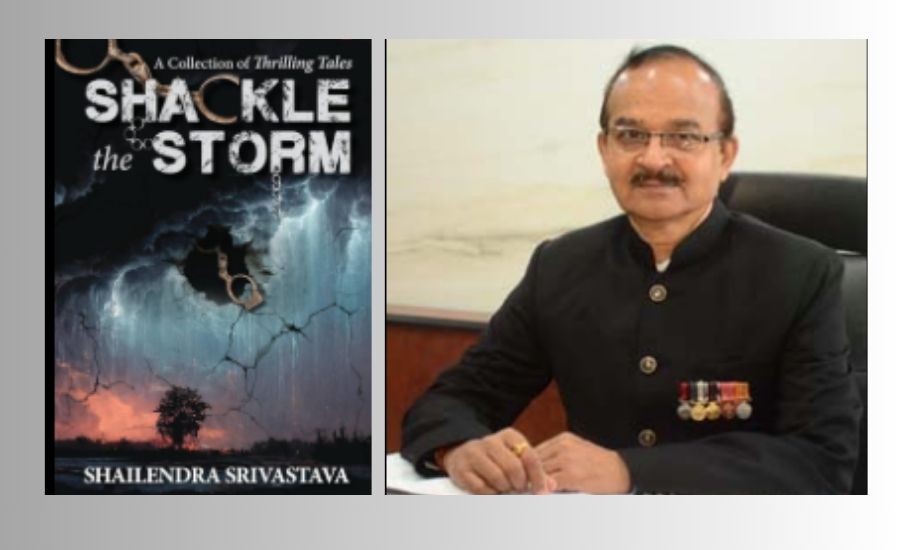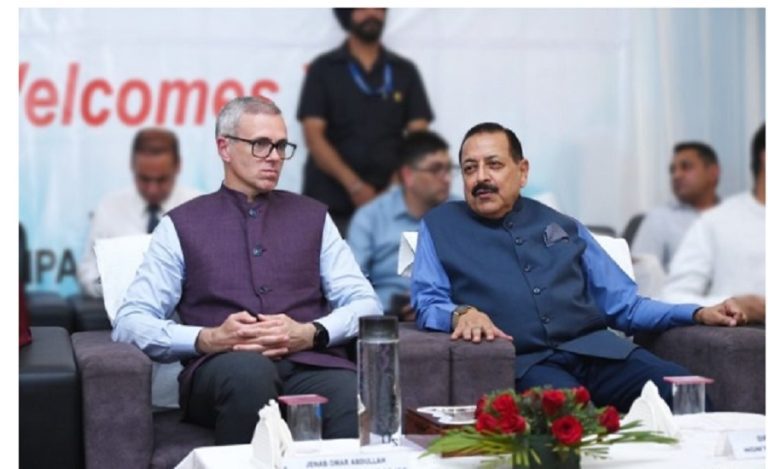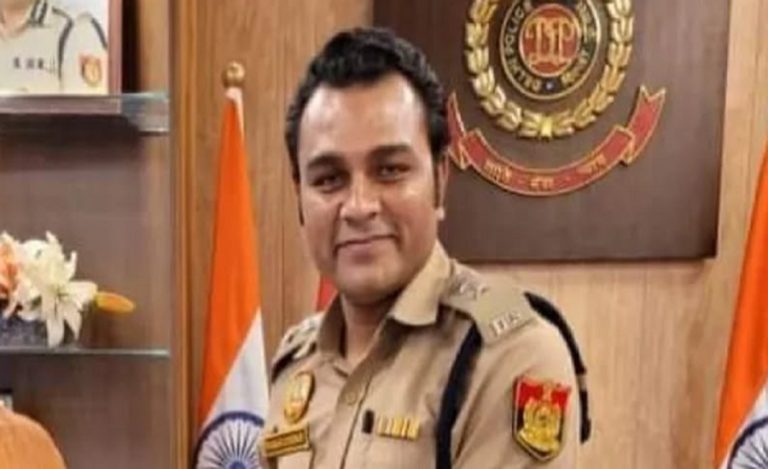For Shailendra Srivastava, joining the Indian Police Service was never part of the plan—it was destiny unfolding in unexpected ways. As a PhD scholar in Forest Ecology at Banaras Hindu University, his fascination with law enforcement was sparked by Amitabh Bachchan’s Andha Kanoon. This inspiration led him to clear the Indian Forest Service (IFS) examination, but fate had a different path in store. Selected for both the IFS and IPS, he initially chose the former. However, an unexpected turn—marked by a prayer at Banaras’ Sankat Mochan Hanuman Temple—led him to reconsider. A letter offering a final chance to join the IPS arrived the very same day, which he took as a divine sign to embark on a distinguished policing career.
‘SHASTR SE SHASTRA TAK‘
Among his most impactful initiatives was Shastr Se Shastra Tak (From Weapons to Wisdom), conceived alongside his colleague Anil Jain. Implemented in Naxalite-affected Rajnandgaon, the initiative integrated the police with the National Literacy Mission, strengthening their intelligence network while fostering trust among locals. Another reformative model, the Sagar Model, focused on community policing, challenging long-standing caste-based discrimination in Madhya Pradesh. It tackled entrenched biases, from barring grooms from riding horses in certain villages to ending discriminatory practices at barbershops and tea stalls.
PIONEERING CYBERCRIME IN MP
Establishing the Cyber Crime Cell in Madhya Pradesh was an uphill battle, met with resistance from officers unfamiliar with technology. Through training programs and public awareness campaigns, Srivastava built a tech-savvy force. His book Cyber Crime CID (2000) became a crucial manual in cybercrime investigation, and his own pursuit of an MCA degree reflected his dedication to staying ahead in the digital age.
Watch the video here :
THE BHOJSHALA STANDOFF
One of his most intense challenges came in 2006 at Bhojshala, where simultaneous Hindu and Muslim religious practices posed a volatile situation. Balancing security with religious sentiments, his team maintained order despite riots, media attacks, and sabotage. In the end, strategic planning, community engagement, and a commitment to neutrality ensured a resolution without catastrophic consequences.
FACING THE DARKEST CRIMES
Srivastava’s book Shackle the Storm brings to light the complexities of law enforcement, chronicling cases of wrongful imprisonment, fabricated allegations, and haunting crimes. One of the most harrowing cases was a human sacrifice in Neemuch—an incident that still sends shivers down his spine. Navigating these emotionally charged situations required immense resilience, a trait he cultivated through his belief in lifelong learning and personal development.

































